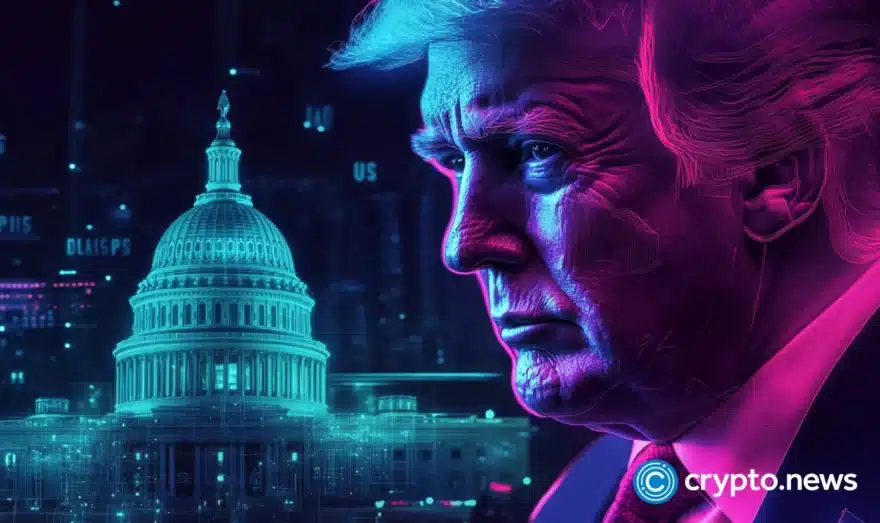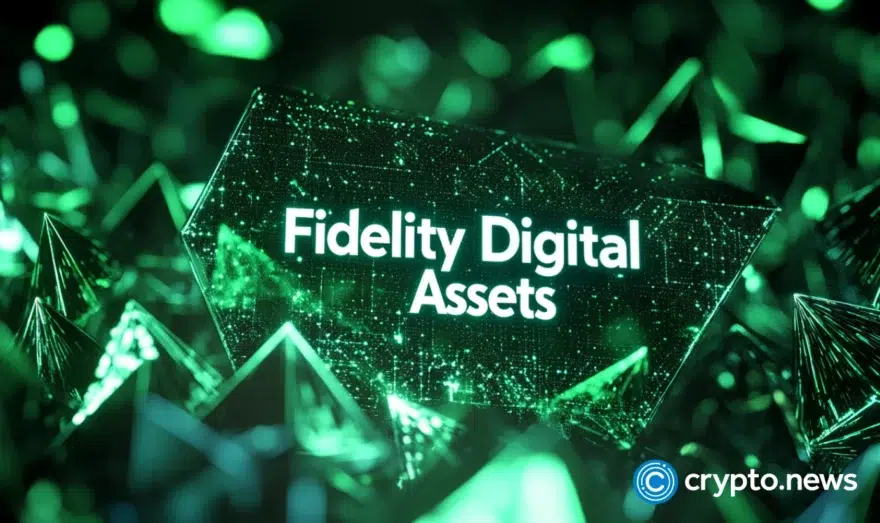The ownership of everything: Сentralization vs. decentralization | Opinion

Disclosure: The views and opinions expressed here belong solely to the author and do not represent the views and opinions of crypto.news’ editorial.
As we emerge from a deep crypto winter, web3 must negotiate a delicate balancing act. On one hand, we need to fund the space; if we are to achieve our vision, then we need adoption. Therefore, the advent of Bitcoin ETFs pumping billions of dollars into crypto is a good thing. Likewise, we welcome pronouncements from major tradfi figures such as Blackrock CEO Larry Fink stating, “The next generation for markets, the next generation for securities, will be tokenization of securities.”
I don’t often agree with Fink, but in my recent article, I agree that tokenizing RWAs is a multi-trillion-dollar crypto opportunity, which will form the backbone of the next bull run and unlock the transfer of trillions of dollars of value into crypto.
Resist the Faustian pact
That’s where the agreement ends. Web3 must not be blinded by the numbers. We must remember what we stand for. Satoshi’s inclusion of the message “The Times 03/Jan/2009 Chancellor on brink of second bailout for banks” reminds us that crypto was designed to disrupt and replace the traditional financial system. Bitcoin (BTC) and blockchains were created to build an alternative financial system, which returns power to the people and enables us all to share in the value we create.
In stark contrast, tradfi is inherently a system of mass control and extraction designed, built, and maintained by financial elites. It is structured to enable the continued extraction of value from the masses through control of assets and infrastructure.
Are we sleepwalking into a cefi horror movie?
It’s no coincidence that much of what is being built in this new wave of adoption, especially within RWA tokenization, is merely tradfi rebuilt on blockchains. Such onchain centralized finance, or cefi, is part of an explicit plan by Blackrock and major financial institutions to tokenize all the world’s assets onto a single, universal, centralized ledger—which they control. See further details here.
Envision a new reality where even physical assets, including those currently beyond the grasp of central platforms, are controlled by elites who will further tighten their grip and extraction from the public. This presents a terrifying dystopia, which is precisely the one heralded by the World Economic Forum’s infamous article “Welcome to 2030. I own nothing, have no privacy, and life has never been better.” (Disclosure: as a founder, I accepted WEF Technology Pioneer status on behalf of Boson Protocol and have attended many WEF meetings, giving me a unique inside view on the globalization agenda.)
It’s time to make a stand
If we are to bring all the world’s assets onchain into a single, global digital market, we need more robust promises than web2’s “Don’t be evil.” When a system is properly decentralized, it is owned and governed by its users, ensuring that it “can’t ever be evil.” As I assert in this article, “Web3 is the best safeguard of public liberty,” as web3’s decentralized infrastructure protects against control and extraction.
What we need to resist centralized control of all our physical assets is open, decentralized infrastructure for tokenizing and trading real-world assets.
How to make the future computable
As I recently argued in an academic paper with the blockchain economist Prof. Jason Potts:
“Web3 has the potential to enable a new computable economy and unlock exponential wealth.”
But this utopian future is only possible if we can bring all assets onchain, including RWAs, with the same strong commitments as native onchain assets. In simple terms, if you hold a token, then you must have assurance that in return, you will receive the asset or your money back. Physical RWAs are bound by the physical asset oracle problem: If Alice tokenizes her car and Bob buys the token, how can Bob be sure he will receive the car?
This leap forward is crucial for transitioning to a computable economy, as it allows the seamless integration of all forms of capital into the economy with similar trust assumptions.
Enter the physical RWA supersystem
My personal mission is to support the emergence of a web3 computable economy by building the decentralized infrastructure to bring all physical RWAs onchain.
The hard problem of tokenizing physical assets has already been solved for commerce assets via the Boson Protocol. In mid-2024, we will launch the Fermion Protocol (light paper) to provide a higher level of verification for physical RWAs in the $1 trillion collectibles and art market. This protocol has the potential for real estate, property, luxury wine and whisky, commodities, carbon credits, and even the tokenization of nature itself.
Together, Boson and Fermion enable the decentralized tokenization and exchange of the full spectrum of physical RWAs, optimizing efficiency for commerce assets and verification for high-value assets. Boson: efficient, trust-minimized tokenization and exchange of any physical RWA. Fermion: fractional tokenization and exchange of any verified physical RWA.
Constructing the base layer
The physical RWA supersystem plays a foundational role (similar to defi) in transforming the landscape of RWA management and exchange. It forms a decentralized base layer that enables anyone to tokenize and sell RWAs or build applications on top, eliminating the complex task of developing a proprietary protocol.
The supersystem advances the original Satoshi vision of a new financial system that is owned and governed by its users, who share in the value it creates. Additionally, it defends against the subversion of crypto by financial elites and onchain cefi, ensuring a more equitable distribution of power and benefits.
The battle lines are drawn, my comrades. The very future of web3 is at stake. Let’s not die wondering if we could have done more.













